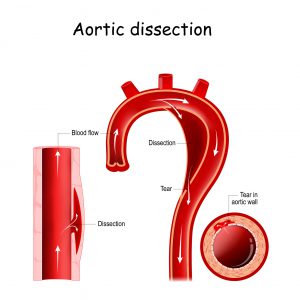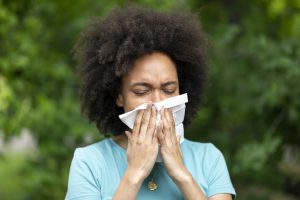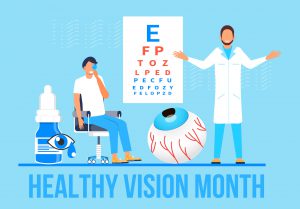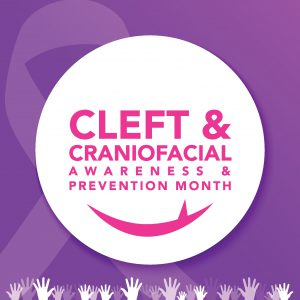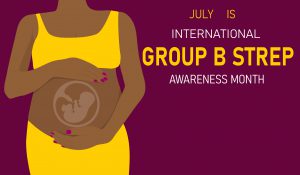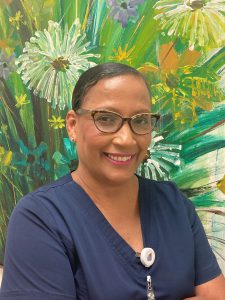 This month, we are proud to shine our Employee Spotlight on Dolores Warren, RN, BSN, MSN, Assistant Director of Nursing.
This month, we are proud to shine our Employee Spotlight on Dolores Warren, RN, BSN, MSN, Assistant Director of Nursing.
Dolores has been with Jamaica Hospital Medical Center for 12 years. She grew up in Guyana and came to the United States when she was in her early 20’s. In Guyana, she attended St John’s Elementary School, Cummings Lodge High School, Accountancy and Business Education Center. Dolores received her Associate in Nursing degree from Queens Borough Community College, her BSN from York College, and her MSN Nursing Executive degree from Chamberlain University. She is now also an adjunct professor of nursing at Plaza College where she is able to share her knowledge with nursing students.
Dolores joined Jamaica Hospital as a nursing cadet in 2011 and returned as an RN in 2012, because there has always been a sense of caring and support at the hospital. In 2013 she was promoted to Assistant Head Nurse of 5 North and five years later she became the Nurse Manager of that same unit. During that time, she assisted the organization with establishing the Acute Stroke Unit and becoming a Comprehensive Stroke Designated hospital.
Dolores currently lives in Nassau County. She has three children, two boys and one girl. In her free time she likes to visit the local parks and beaches. She enjoys gardening and her favorite type of movies are good mysteries. One of the places she likes traveling to is St. Martin because the beaches are great and the people are very friendly and welcoming. Dolores likes Thai and Caribbean dishes. The types of music she enjoys are R&B, Jazz, and her favorite artist is Ed Sheeran. The sports she enjoys are football and basketball. Most important to her are family, health, happiness and progression.
Dolores enjoys working at Jamaica Hospital because of the colleagues she works with and nursing leadership. She appreciates the fact that this is an organization that supports internal growth. She also values the diversity of the patients that we are able to assist. We are very happy to have Dolores as part of our team and look forward to her remaining with us for many more years into the future.
All content of this newsletter is intended for general information purposes only and is not intended or implied to be a substitute for professional medical advice, diagnosis or treatment. Please consult a medical professional before adopting any of the suggestions on this page. You must never disregard professional medical advice or delay seeking medical treatment based upon any content of this newsletter. PROMPTLY CONSULT YOUR PHYSICIAN OR CALL 911 IF YOU BELIEVE YOU HAVE A MEDICAL EMERGENCY.

